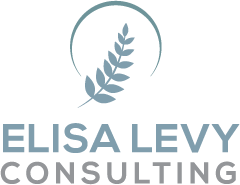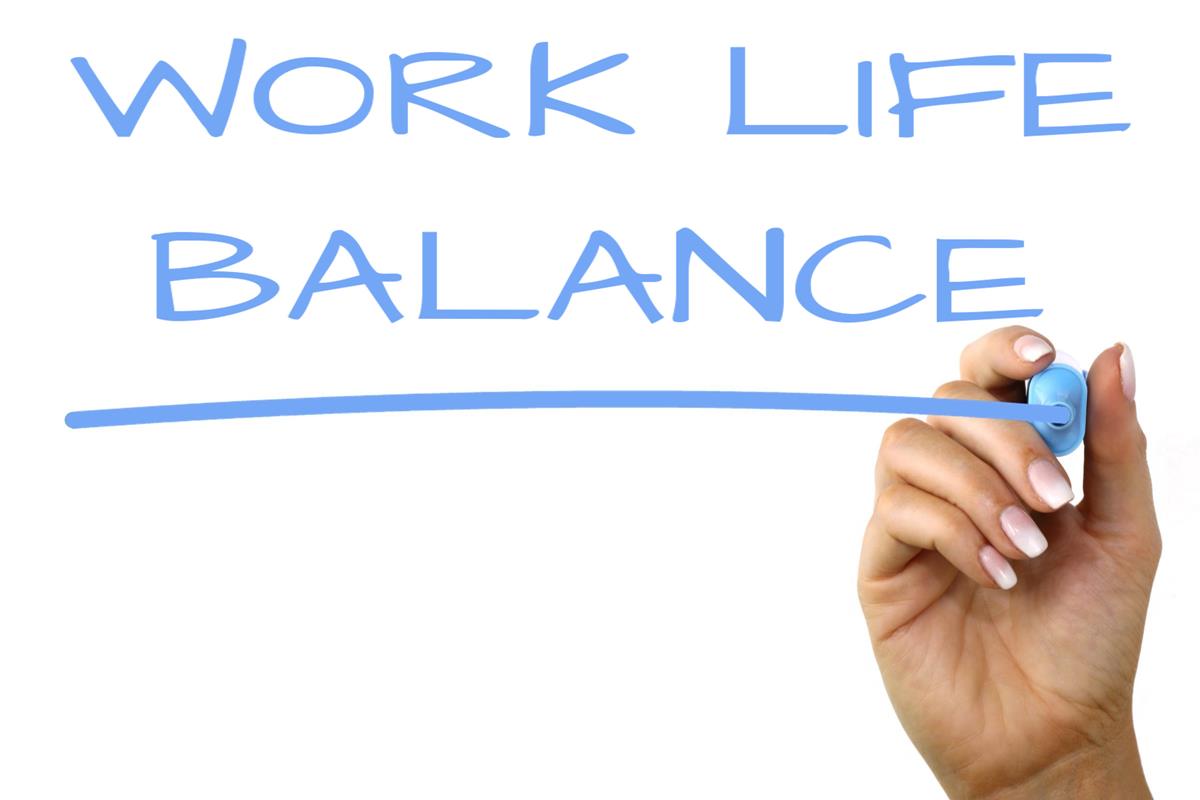Part I: What is Work Life Balance?
The real question in today’s fast-paced world isn’t how to obtain work life balance, it is whether or not it’s actually achievable. The American Institute of Stress claims that stress is America’s No. 1 health problem, and that more than 80 percent of the workforce experiences stress due to work. That fact, and an increase in American’s overtime hours over the past decade, lead to a society that spends too much time working under conditions that don’t benefit them.
This series of four articles will help you achieve better work life balance, but in order to do it, we must first understand it. Let’s begin with what work life balance is not.
- A percentage game: Balance isn’t about quantity; it’s about quality. Most of us have to work at least a 40 hour week. Add to that chores, errands, other commitments, and our play time is fairly brief. The idea is to maximize free time, and that has a lot to do with the way we plan it, and control our thoughts when get it.
- New age hype: While yoga and meditation have been proven to reduce stress, they are not for everyone. Work life balance isn’t the same for each of us. In fact, it’s probably not the same for any two people, and it changes over time. We must create and recreate that balance as we age.
- Unproductive: Many of us actually feel lost or even guilty when we stop working. Studies from Wall Street in the 1990’s show that workers increase productivity at work when they have a more balanced personal life. The question we should then ask ourselves is why are we holding on to the workaholic syndrome when in fact it decreases our performance?
If we know what work life balance is not, we can start to figure out what truly defines it. Think of balance as a holistic way of viewing your life. There are three key ingredients to work life balance. The first is relaxation; the second is self-care; and the third is maintenance of relationships that are most important to you. These three things, combined with work, provide balance. The sense that we are not plate spinning, but actually enjoying each of them, leads to balance. Let’s look at each of these:
- Relaxation: There’s not a right or wrong way to relax. For some of us it means engaging in a sport with friends. For others it means spending time alone in nature. The key is that our minds should be able to turn off from work.
- Self care: Similar to relaxation, this involves both mind and body. It means doing things that add to your physical and mental well-being consistently (not only when you find the time). This can be anything from getting control over your finances, to exercising regularly.
- Relationship maintenance. This refers to your relationship with your colleagues, friends, and family, but most importantly to you relationship with yourself. If you constantly criticize or diminish your achievements, you will find it hard to have fulfilling relationships with others.
The next several columns will focus on how to do these three things, and combine them with work in a way that helps you maximize each day of your life and feel every moment the way you should – fully and with a sense of intention and gratitude.


